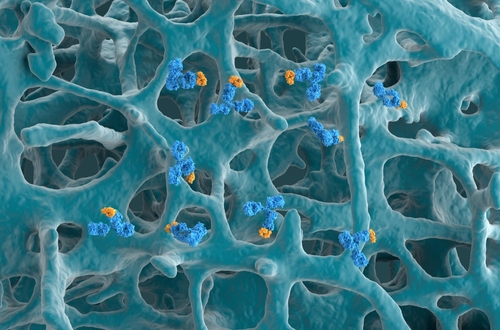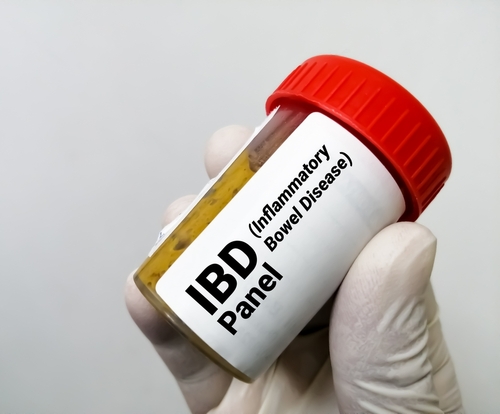
Aging can influence asthma outcomes in multiple ways, including a patient’s response to treatment, the prevalence of their exacerbations, their inflammatory characteristics, and their clinical characteristics, according to a recent study.
Ji Wang, MD, PhD, of the National Clinical Research Center for Geriatrics, the Clinical Research Center for Respiratory Disease at the West China Hospital at Sichuan University, and the Frontiers Science Center for Disease-related Molecular Network at Sichuan University, and colleagues conducted the research and published their findings in The Journal of Allergy and Clinical Immunology: In Practice.
Dr. Wang and colleagues conducted the study because “emerging evidence suggests that aging affects asthma outcomes, but the mechanism remains largely unexplored.”
The prospective cohort study included patients with asthma who were aged 18-39 years (n=106), aged 40-64 years (n=179), or aged 65 years or more (n=55). The study included a 12-month follow-up period in a real-world setting.
Patients aged 65 years or older with asthma had worse airway obstruction, more comorbidities, and were more likely to have late-onset and fixed airflow obstruction asthma than other age groups. They also had reduced treatment responses and significantly higher levels of IFN-γ, IL-17A, and IL-8 in induced sputum (P<.05 for all) than other age groups.
“Path analysis indicated that age directly and significantly led to future exacerbations in asthma, partially mediated by an upregulation of airway IFN-γ,” the authors wrote.
However, patients with asthma who were elderly had less atopy, lower levels of immunoglobulin E and fractional exhaled nitric oxide, and a reduced risk of having type II profile asthma.
“This study supports that asthma in the elderly represents a specific phenotype and indicates that aging can influence asthma in terms of clinical, inflammatory characteristics; exacerbations; and treatment response,” Dr. Wang and colleagues concluded.
Wang J, Zhang X, Zhang L, et al. Age-related clinical, inflammatory characteristics, phenotypes and treatment response in asthma. J Allergy Clin Immunol Pract. 2022. doi:10.1016/j.jaip.2022.09.029







 © 2025 Mashup Media, LLC, a Formedics Property. All Rights Reserved.
© 2025 Mashup Media, LLC, a Formedics Property. All Rights Reserved.